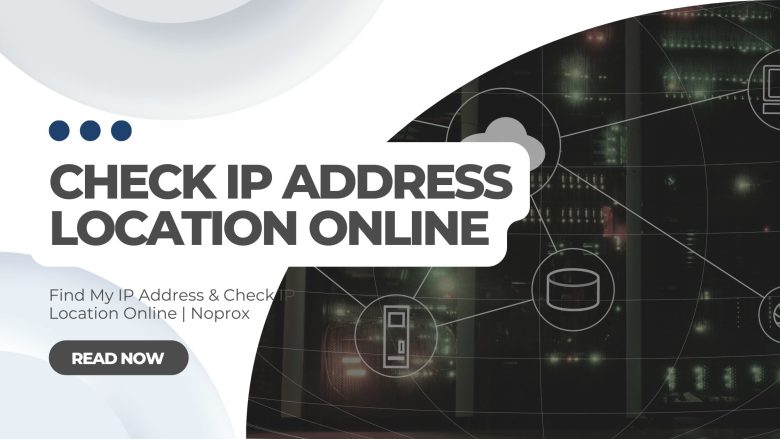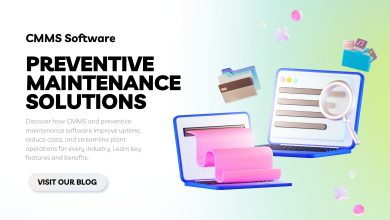
Your IP address can reveal a lot. For example, where you are physically located, the history of your online activity, and with the help of special software, even information about the device currently connected to a specific IP, and what actions are being taken by the user from that IP. Various government and hacker organizations can gather a whole lot of information about you and monitor what you do on the Internet, what websites you visit, and who you speak out against online.
Those who want to harm you can use this information to intercept the data you transmit and even hack your banking apps later on, if they persistently want to. In short, sharing your IP with someone you don’t know is very dangerous, as well as not hiding it when online.
What Is an IP Address and Why Does It Matter
An IP address is a unique address assigned to every device connected to the Internet. Everything that currently uses Internet access to operate has its own unique IP: a phone, laptop, computer, tablet, smartwatch, smart TV, refrigerator, microwave, thermostat, garage door opener, and plenty of other items that today are equipped with Internet access for various utilitarian purposes. Imagine this: your refrigerator connects to a delivery server to automatically order groceries that are running low, and hackers intercept your data and get the credit card number used for those purchases.
Each device can have either a permanent address or a temporary one that changes every time it connects to the Internet. Also, a household can have a single IP address, within which each connected device has an internal IP, but all use the household’s external IP when connecting to the Internet.
Previously, devices used 32-bit Internet addresses, but as the number of devices connected to the online network grew, modern users switched to a 128-bit protocol that supports many more addresses. It’s possible that in the future there could even be a transition to 256-bit. So, are you questioning now what my IP is?
How to Find My IP Address Online
Knowing your IP address lets you manage your security by hiding your actual location and preventing attackers from determining your geographic position.
How to find my IP address? It’s easier than most people think. If you don’t want to dig into your network settings or find it too complicated, you can simply visit a website that shows your current IP. NoProx IP checker can do this perfectly well.
Knowing your current IP helps you set up Internet access on different smart devices (if they can’t do it automatically), check connection quality and speed, and even see if someone else is connected to your network (someone might be stealing your Wi-Fi right now). For added security, you can also make your connection private if, for some reason, it’s under your control but labeled as public.
What Information Your IP Reveals
The information your IP retrieved from an IP lookup tool can include:
- Approximate location routed by your Internet provider. In some cases, it can show your exact address as the end user rather than the nearest routing node by an ISP.
- Name of your ISP.
- Type of network (mobile, private, corporate, public, etc.).
- Potential security risks (vulnerabilities to hackers).
Note that not all information is publicly available and free. But there are special software tools that can reveal a great deal based only on an IP. They are usually owned by governments (through agencies monitoring citizens, such as the National Security Agency in the U.S.) and hackers. Often, users unknowingly connect to networks where data is transmitted unencrypted, including passwords to various resources and payment details.
That’s why more and more users choose to check IP location to anonymize their IP and hide information from everyone by using advanced technology solutions like those from NoProx.
How to Check IP Location Step by Step
To check IP location, follow these steps:
- Open an online tool where you can do this, for example, NoProx.
- Find your current address or enter the one you need to check the IP online.
- Review the results, which usually include details like ISP, hostname, country, region/state, city, time zone, postal code, and geolocation. Additional information may also be provided.
- Check the accuracy, keeping in mind that the user of this IP may be using an anonymizer or VPN. In that case, the IP will show a completely different region than where the user actually is.
This process is useful in many cases. Corporate users can use specific IPs to block or control user access to their online resources and software. Gamers can use IPs to bypass geo-restrictions. Regular users can look up information about a public network’s IP to check its reliability before connecting (maybe that network is stealing passwords or something).
Conclusion: Knowing Your IP Equals More Control And Security For You
Now you have an answer to the question, “How to find my IP address.” And even though an IP is just a small set of up to 12 digits, it can actually reveal a lot to those who want to know. For each user, it ultimately comes down to security and, if necessary, bypassing geo-blocks. So it’s up to you to decide whether to anonymize your Internet connection so no one can learn your real location and online activity history, or whether you don’t care about your security. And if you do decide to control your safety and keep private what others don’t need to know, use the simple but effective solutions from NoProx to find your address and get information about other IP addresses on request.




